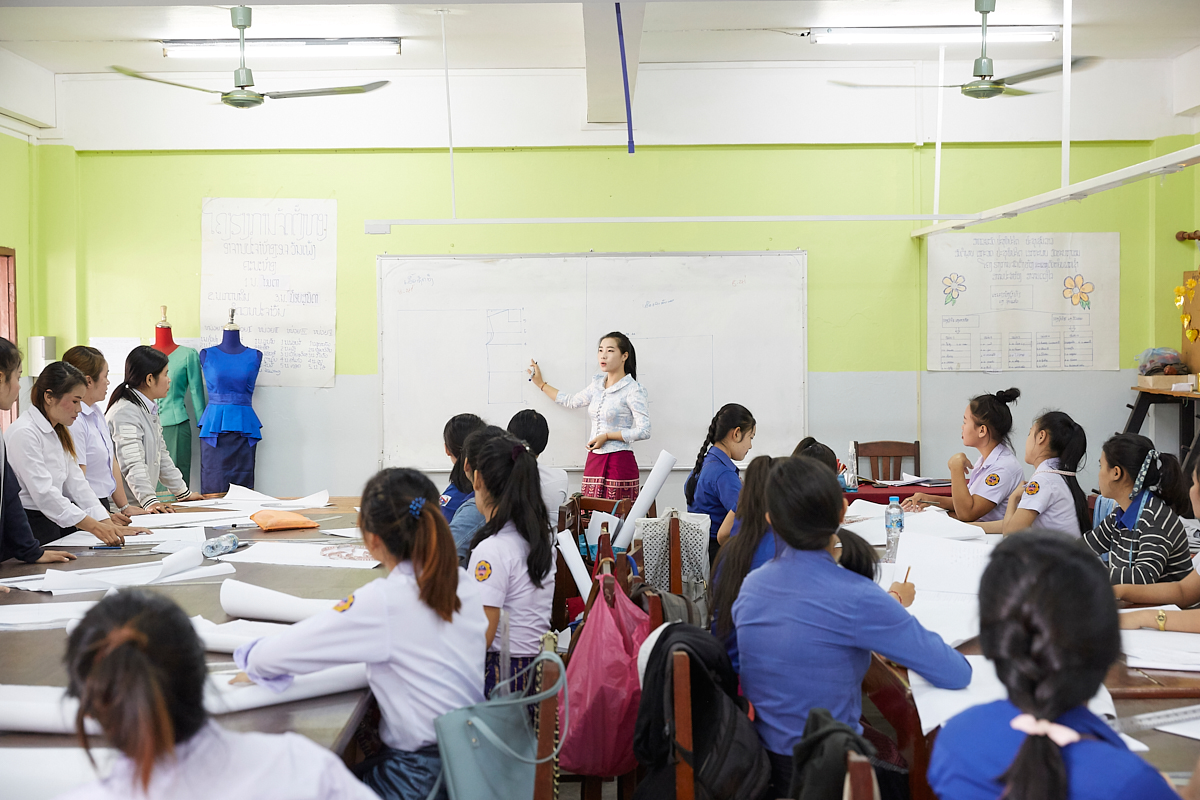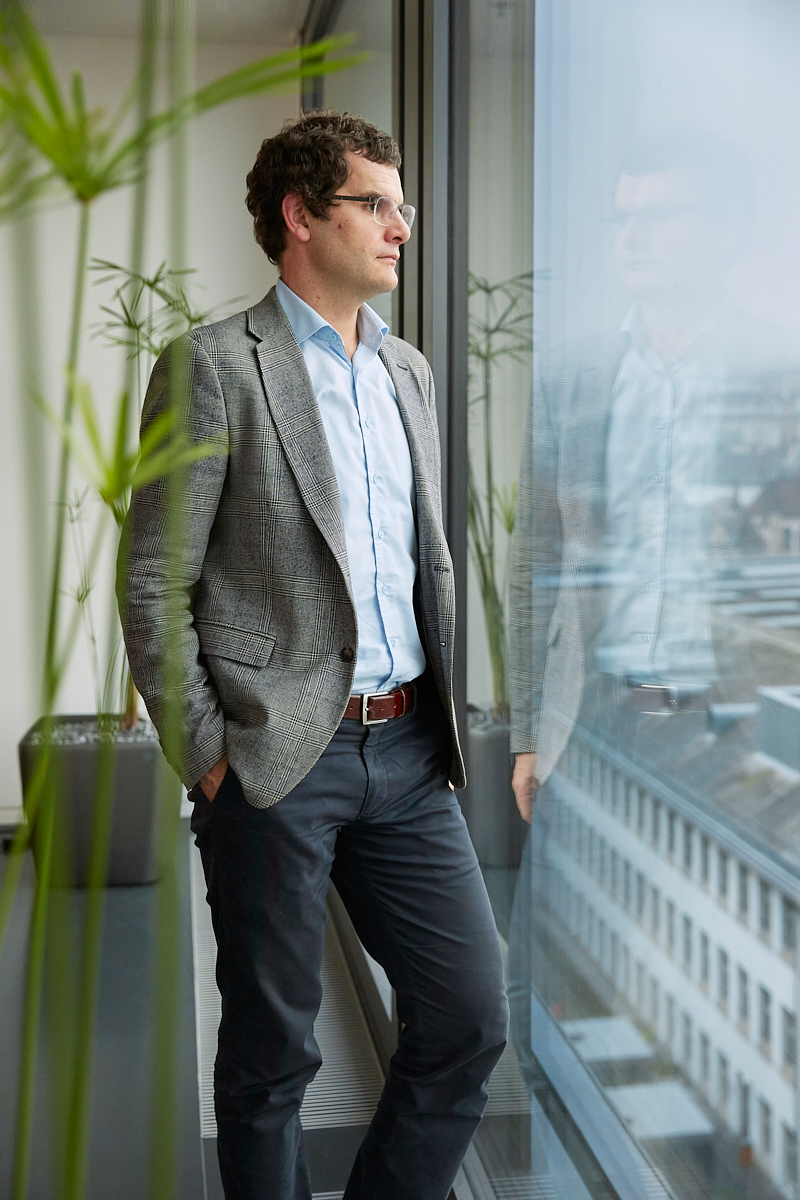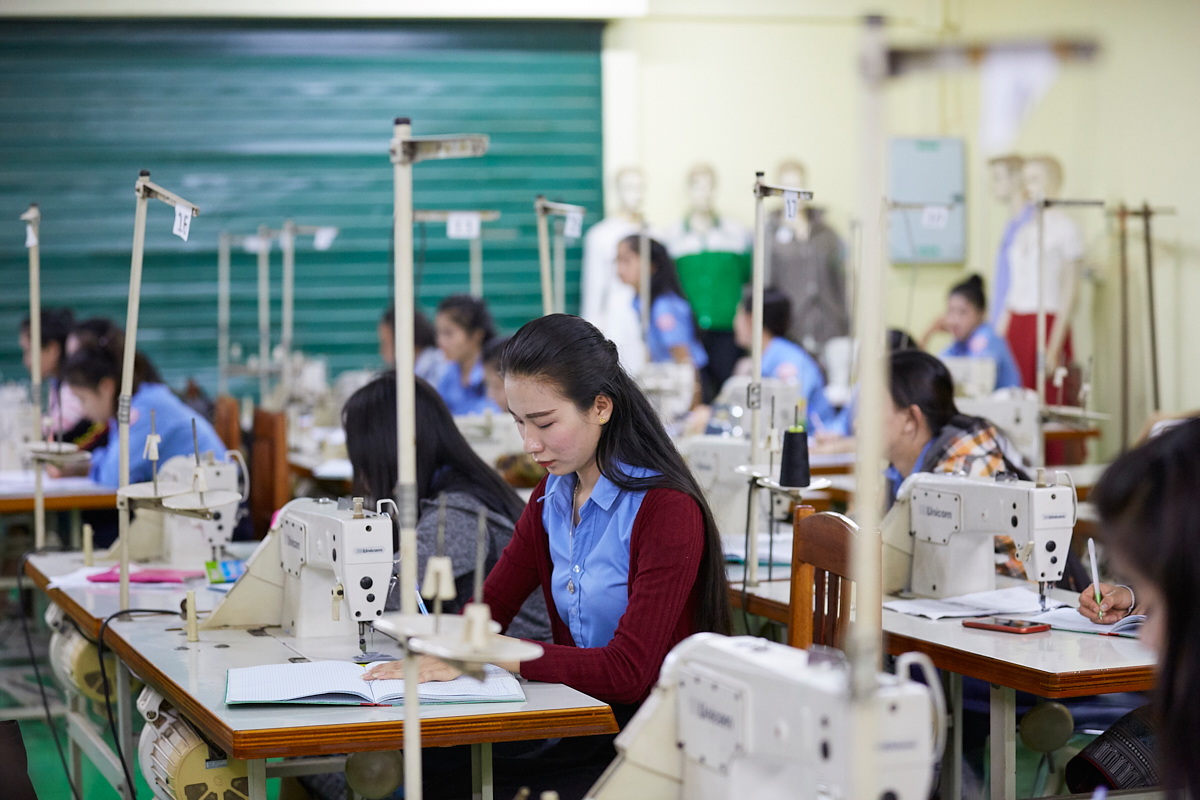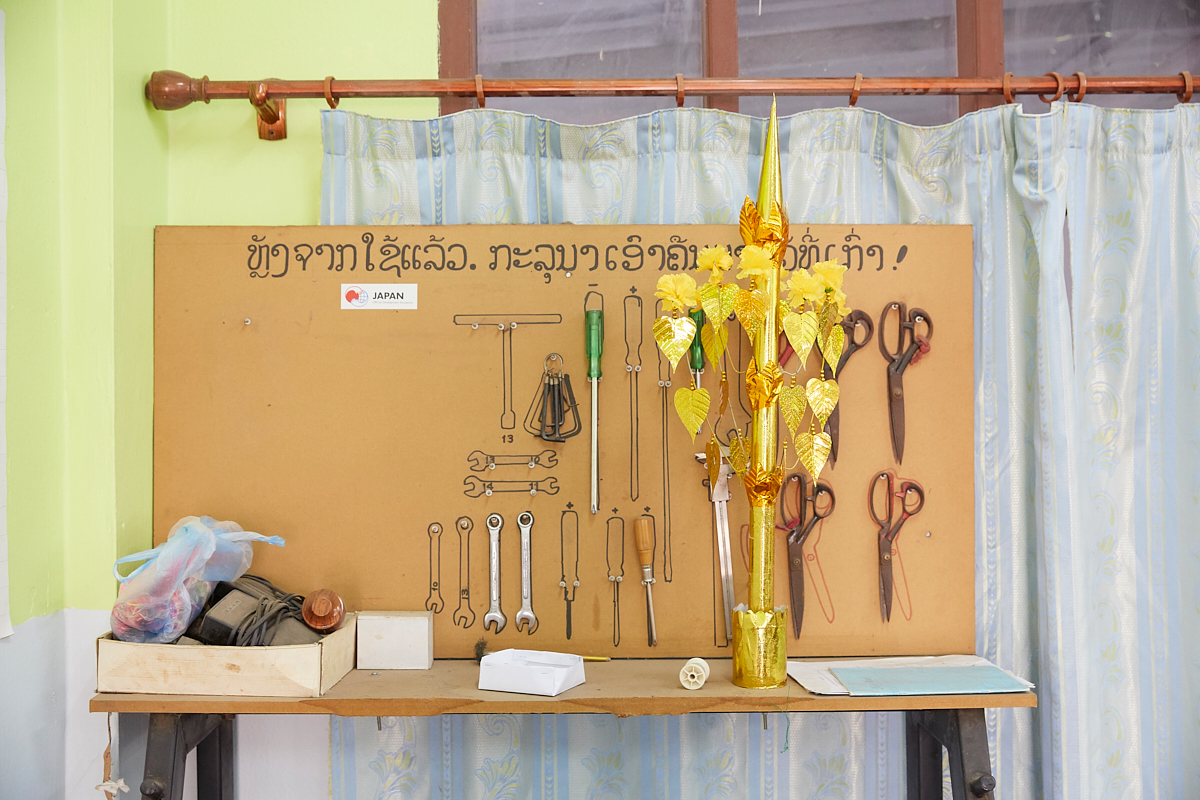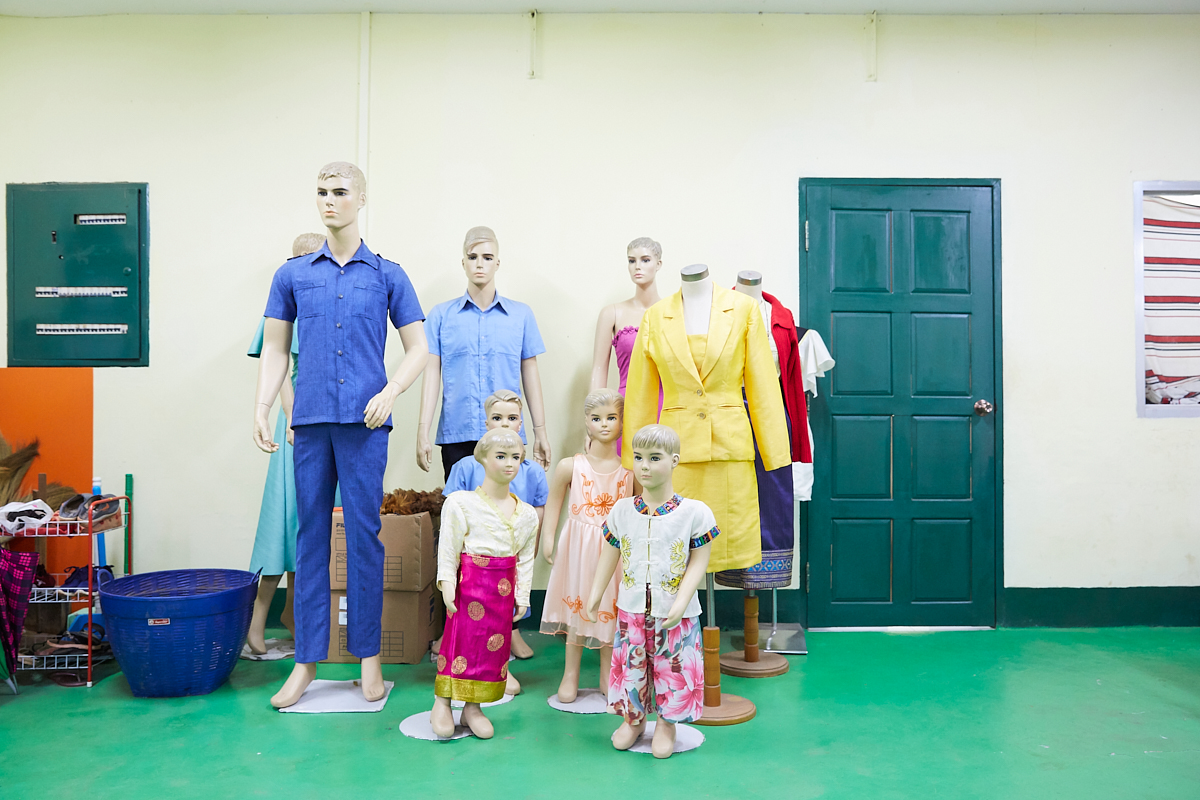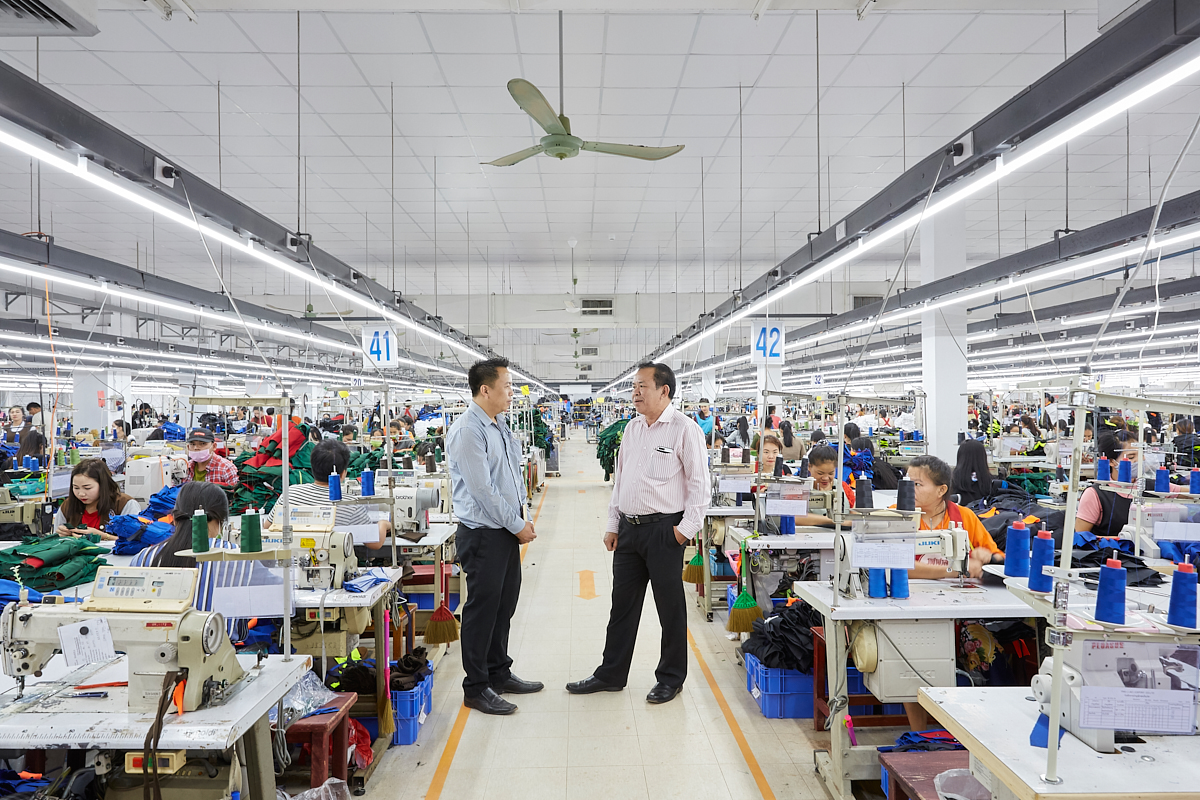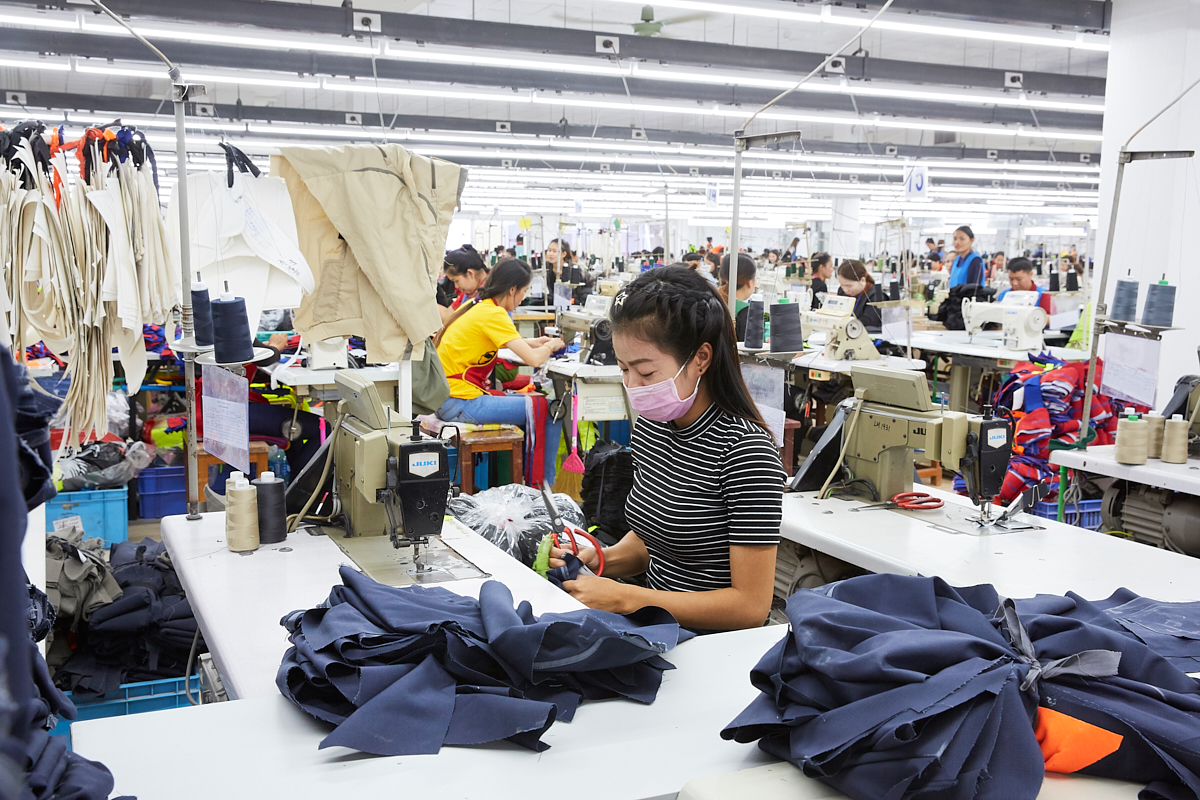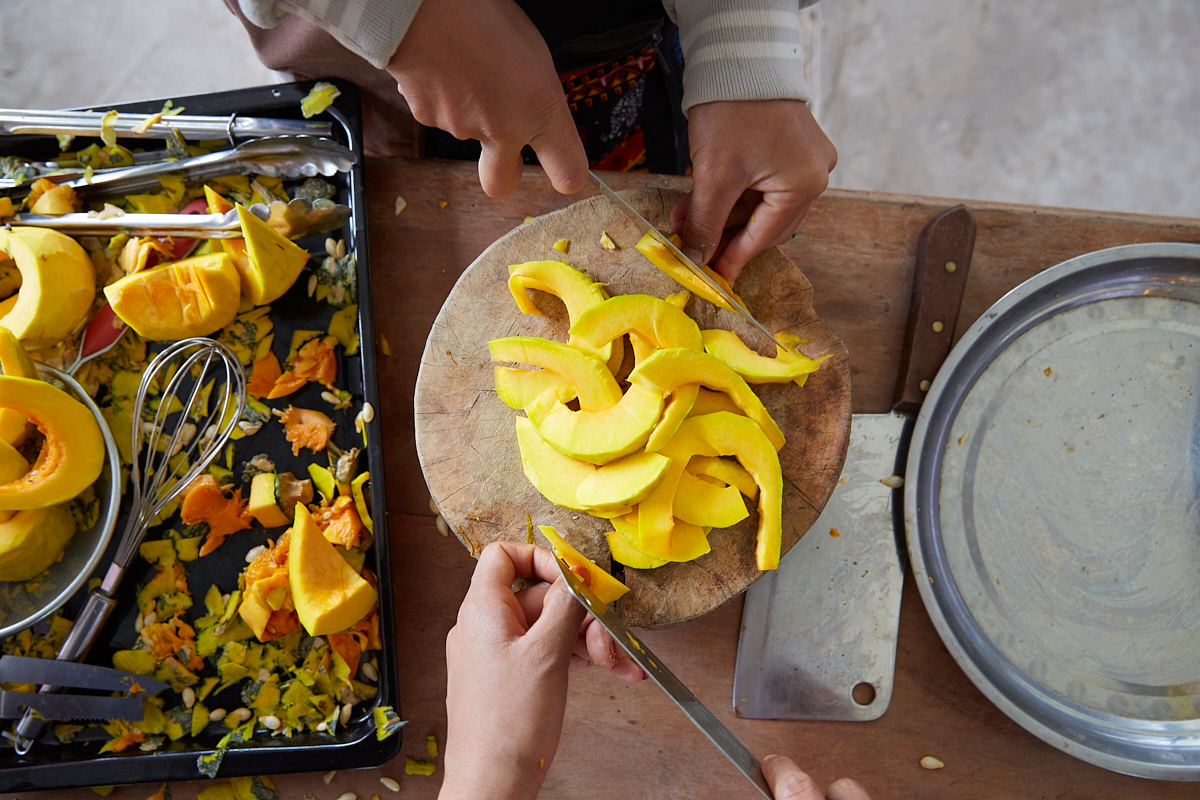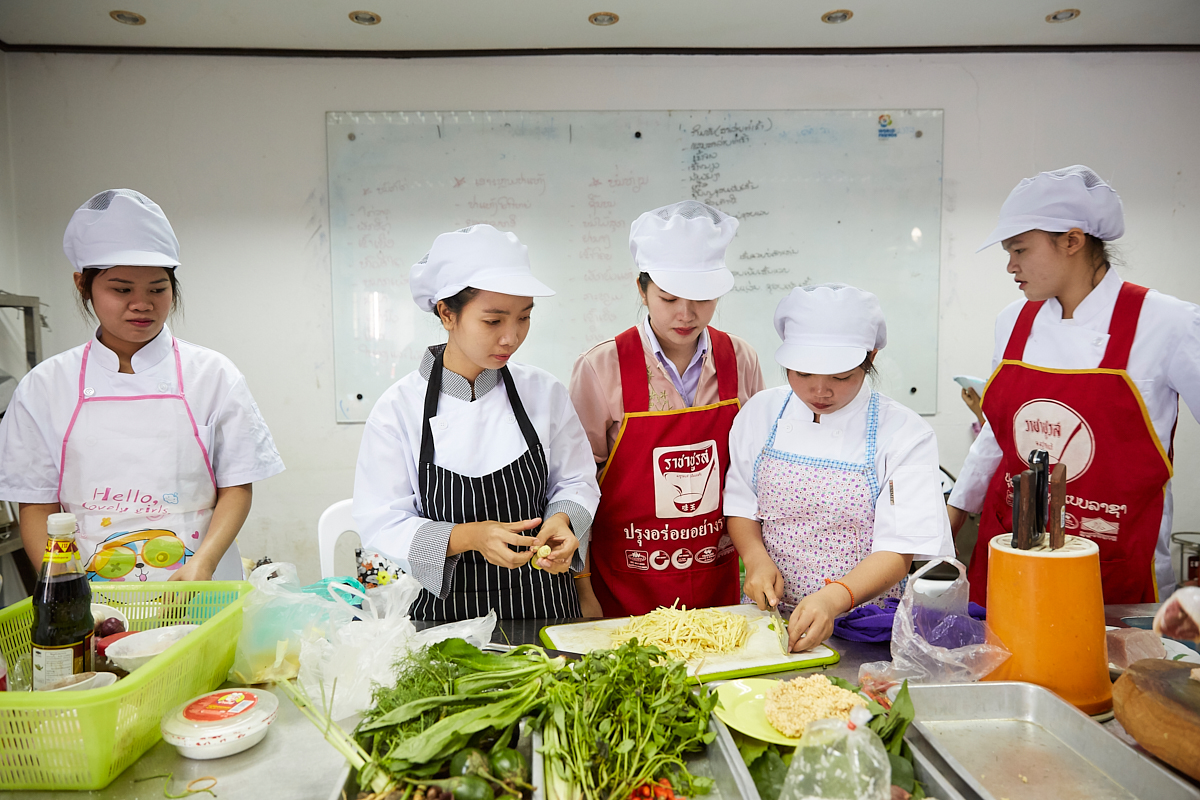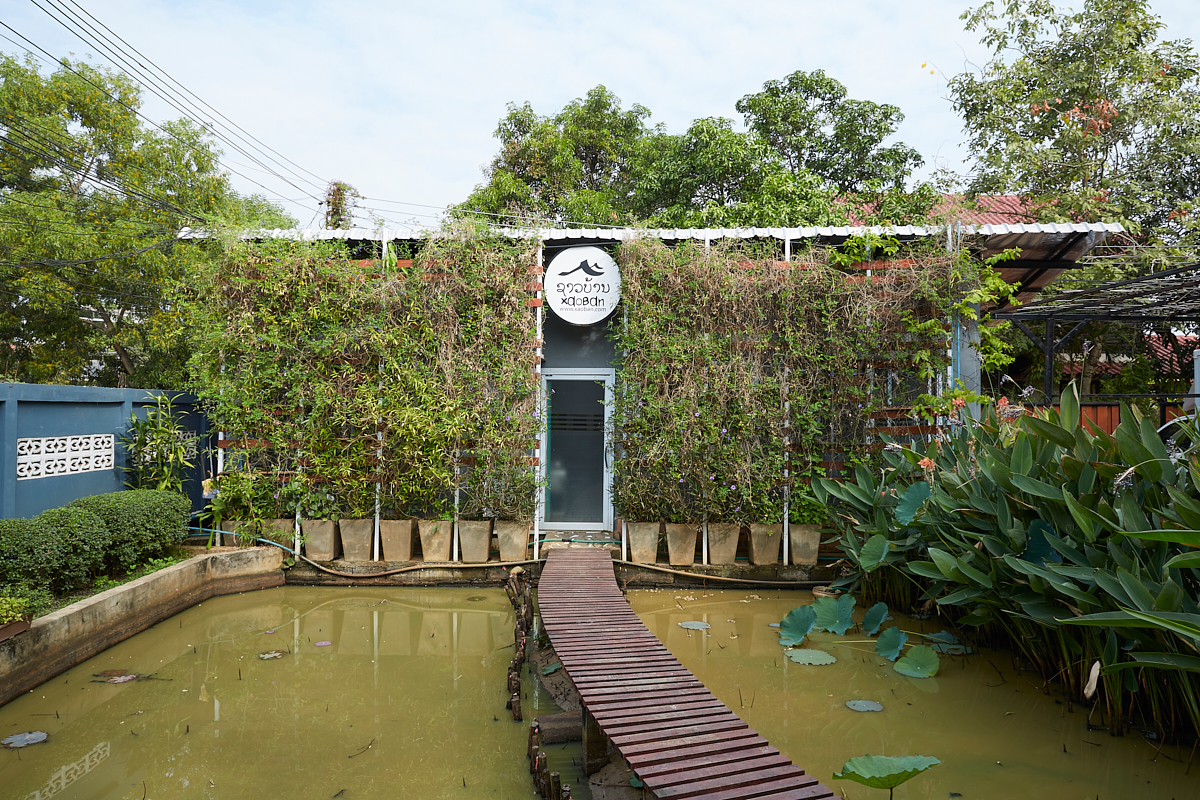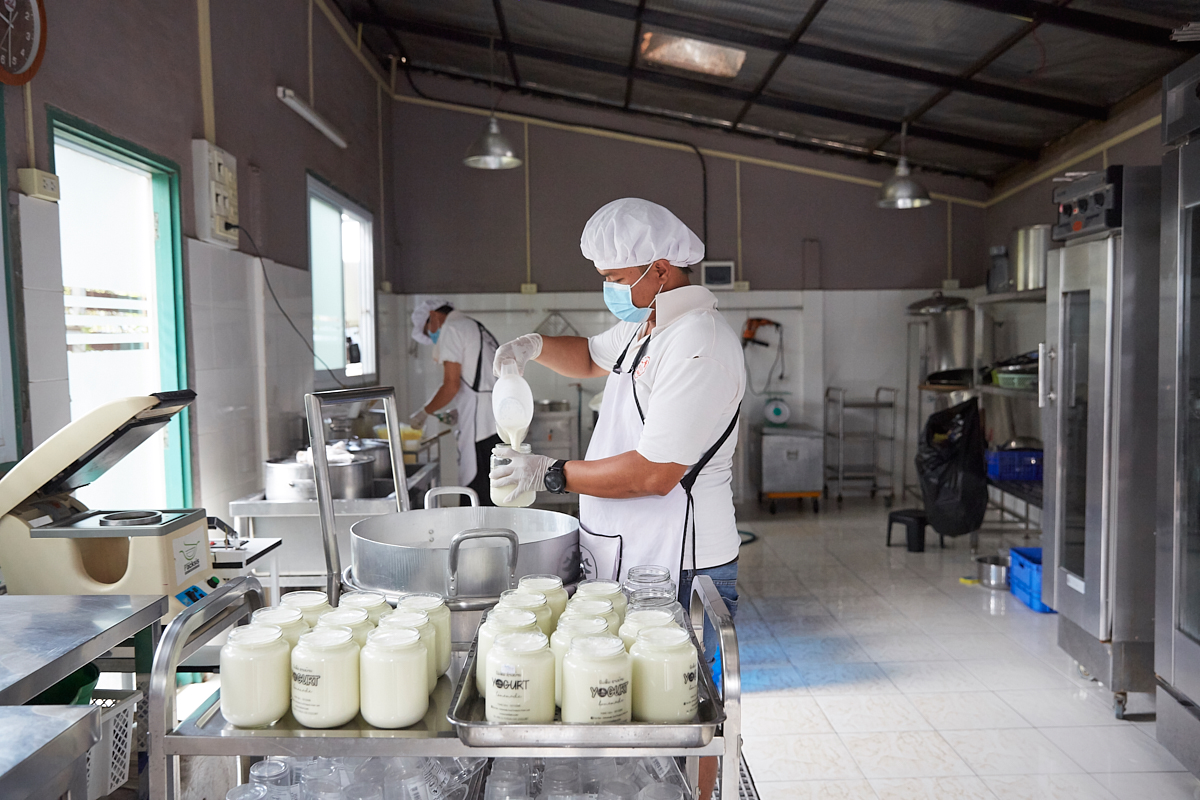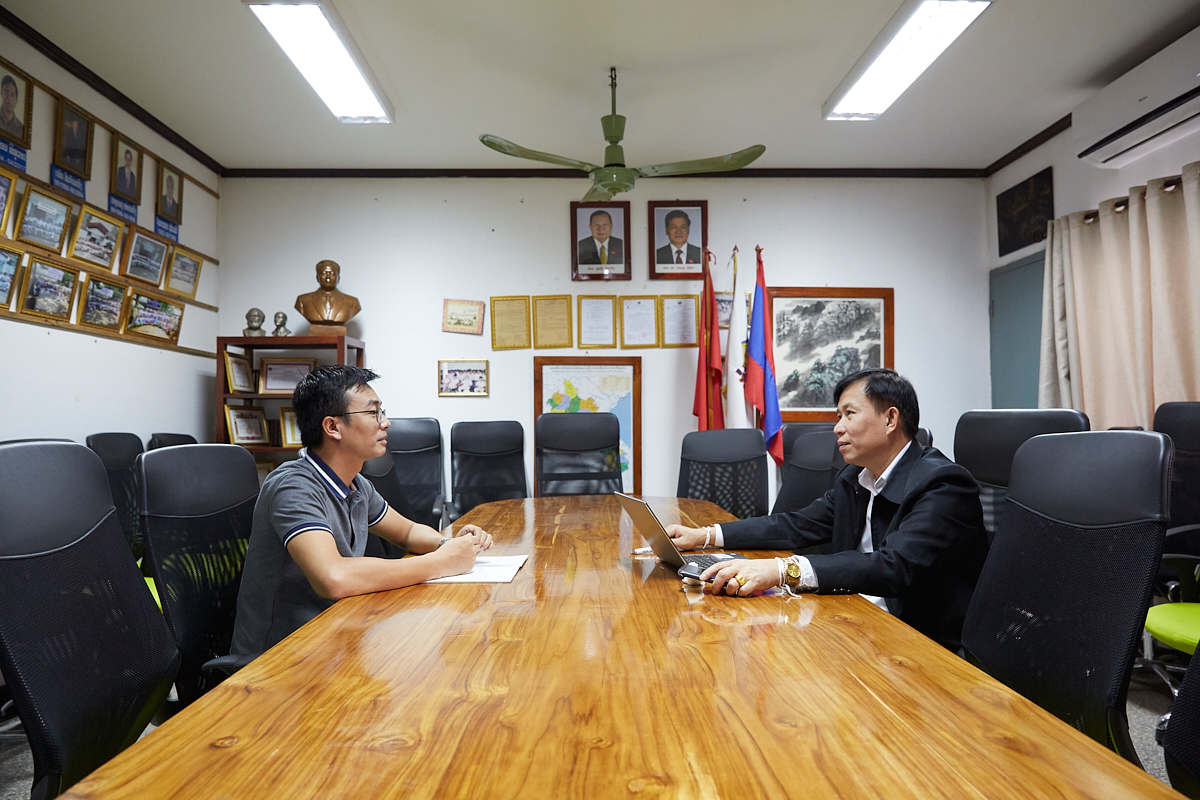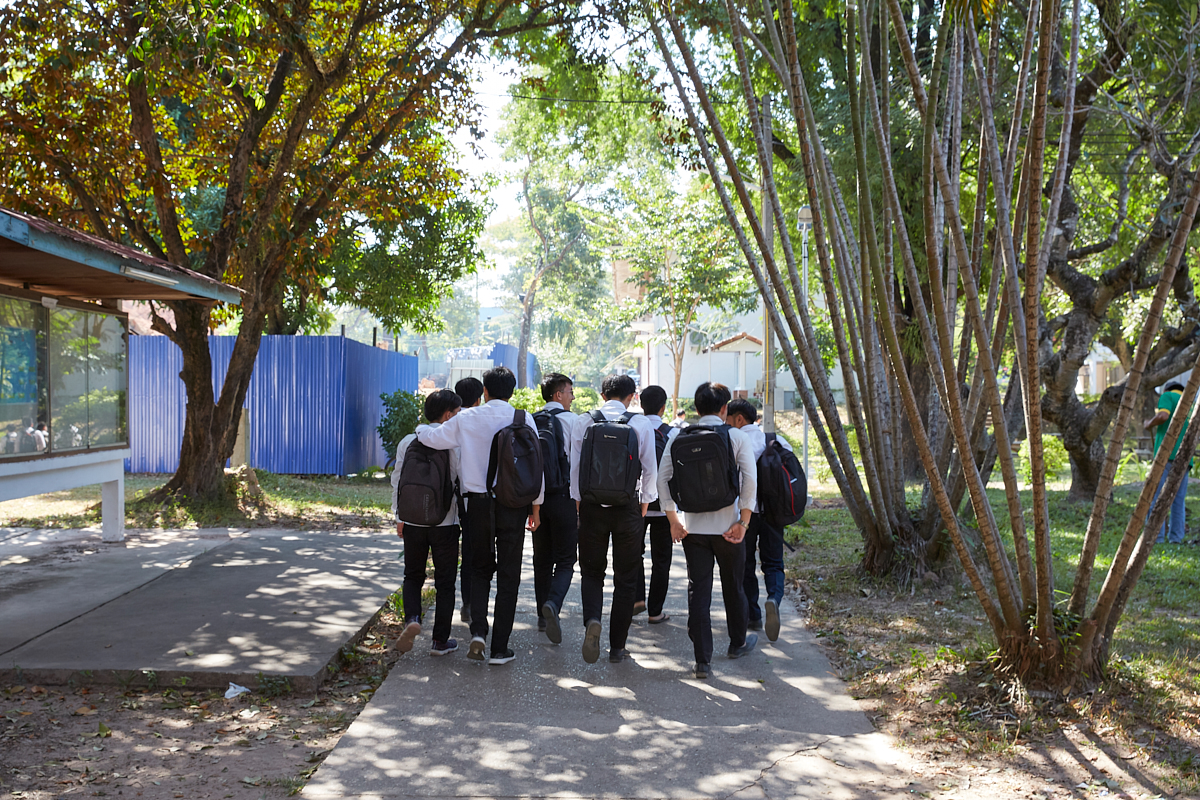SKILLS FOR INDUSTRY
17 May 2019
SKILLS FOR INDUSTRY
Prof. Markus Maurer
« We want to know more about how industrial change and transformation is being influenced by vocational skills development, a field of policy that is high on the agenda of donors. We do this by focusing on six lower income countries in Asia and Africa, with a particular focus on the garments industry and with a highly interdisciplinary team. »
Featured in the SNSF annual report Profil 2018-2019
Download the PDF
